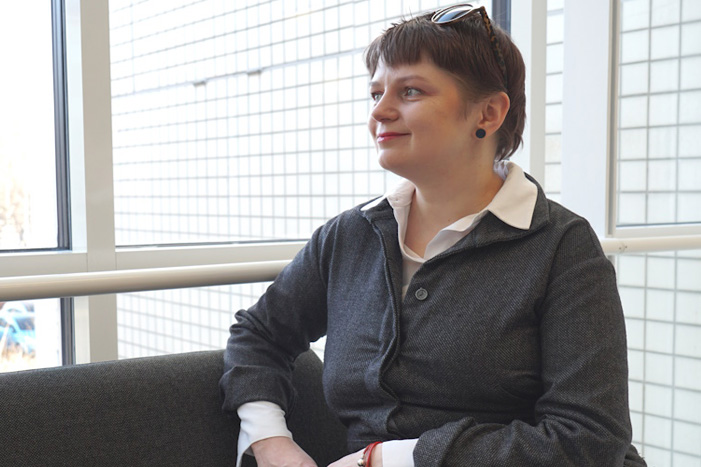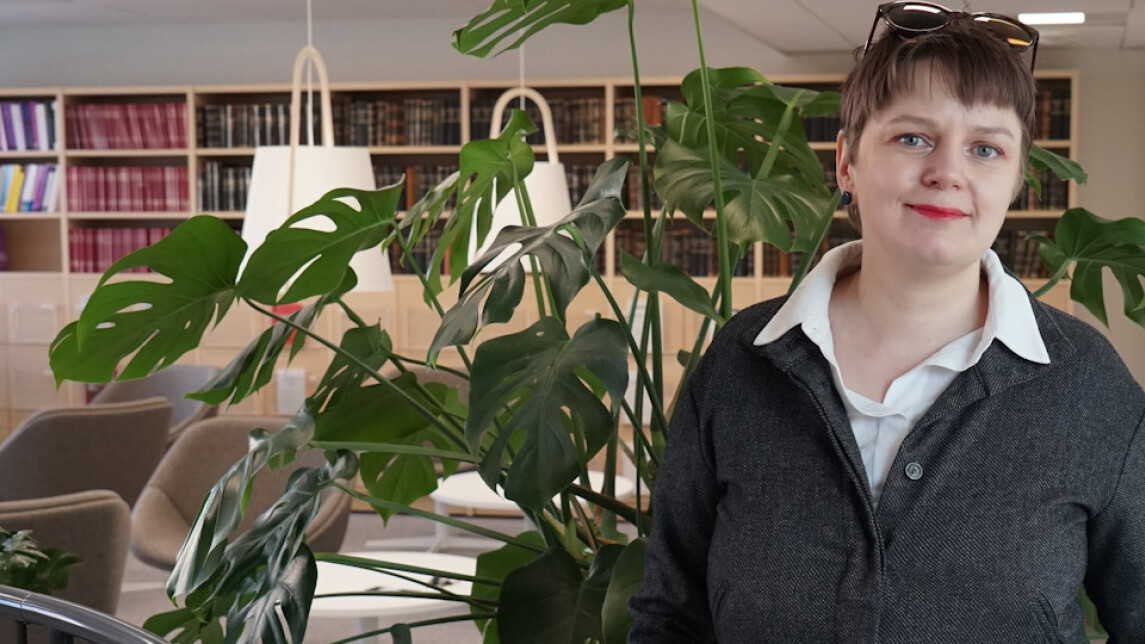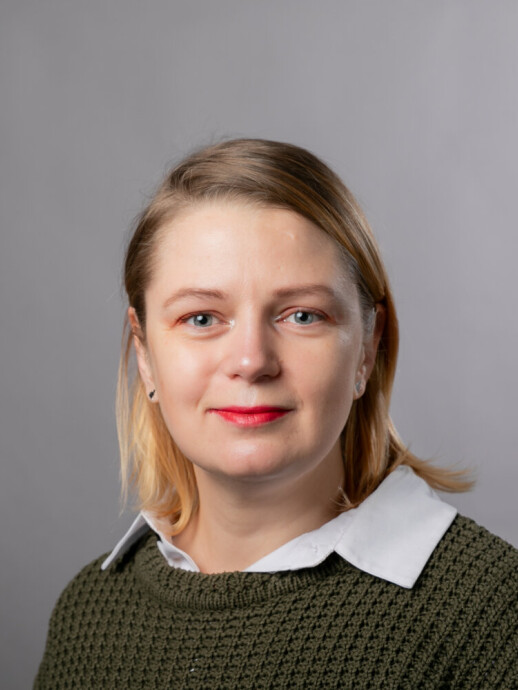Oikeustieteellisen tiedekunnan Tutkija valokeilassa -uutissarjassa esittelyvuorossa on väitöskirjatutkija Yulia Dergacheva.
Position in the Faculty of Law: Doctoral researcher, Project researcher in MobileFutures research consortium
Degrees: Specialist in Law from the Ural State Law Academy, Master in International Human Rights Law from Åbo Akademi University
Fields of interest: Academically my fields of interest are human rights law, gender violence, especially sexual harassment in the world of work, and migration. My activist interests involve trans children's rights, especially access to gender-affirming care (which is absent in Finland). In recent years I have also been involved in anti-war activism concerning the Russian hostilities in Ukraine.
Describe your career path. What led you to where you are today?
I started as a corporate lawyer – my post-Soviet generation was eager to be involved in the neoliberalism agenda. Many of us disregarded any ‘politics’ and focused on building of personal lives and careers. In the 2010s however, a dire realization that we failed came as the fascist state started rising. After the Crimea occupation, I started looking for options to change my path to the human rights law field. I finished my degree in International Human Rights Law at Åbo Akademi University and started thinking of a research project.
What projects are you currently working on?
In the Mobile Futures research consortium, we focus on diversity, trust, and two-way integration. As a part of the Trust in Law work package, I research sexual harassment and gender justice in the lives of migrant women in Finland. They (we) exist at the intersection of gender and precarious work and immigrant status. I am interested in emancipatory potential: where does it come from in our lives and what law can offer in this regard?

Yulia Dergacheva. Photo: Rosa Lampela.
Have your interests evolved since finishing your studies?
'They have. I am fascinated by the theories we encounter as researchers. My favourite theorists are Ratna Kapur, a postcolonial feminist theorist in human rights law and gender violence, and Sara Ahmed, also a feminist philosopher. However, we should remind ourselves that a good theory holds great power and the main thing is to constantly reflect on yourself and not to misuse the theory to hurt people. For example, the so-called ‘gender critical’ theory uses feminist approaches to dehumanize trans people. Constant reflection is in my opinion a researcher’s responsibility.
What would you be, if you were not a researcher?
I would organize a cat shelter.
What inspires you?
Watercolour painting, cats, talks with friends and colleagues, Finnish marshes, mushroom hunt, and my kid!





